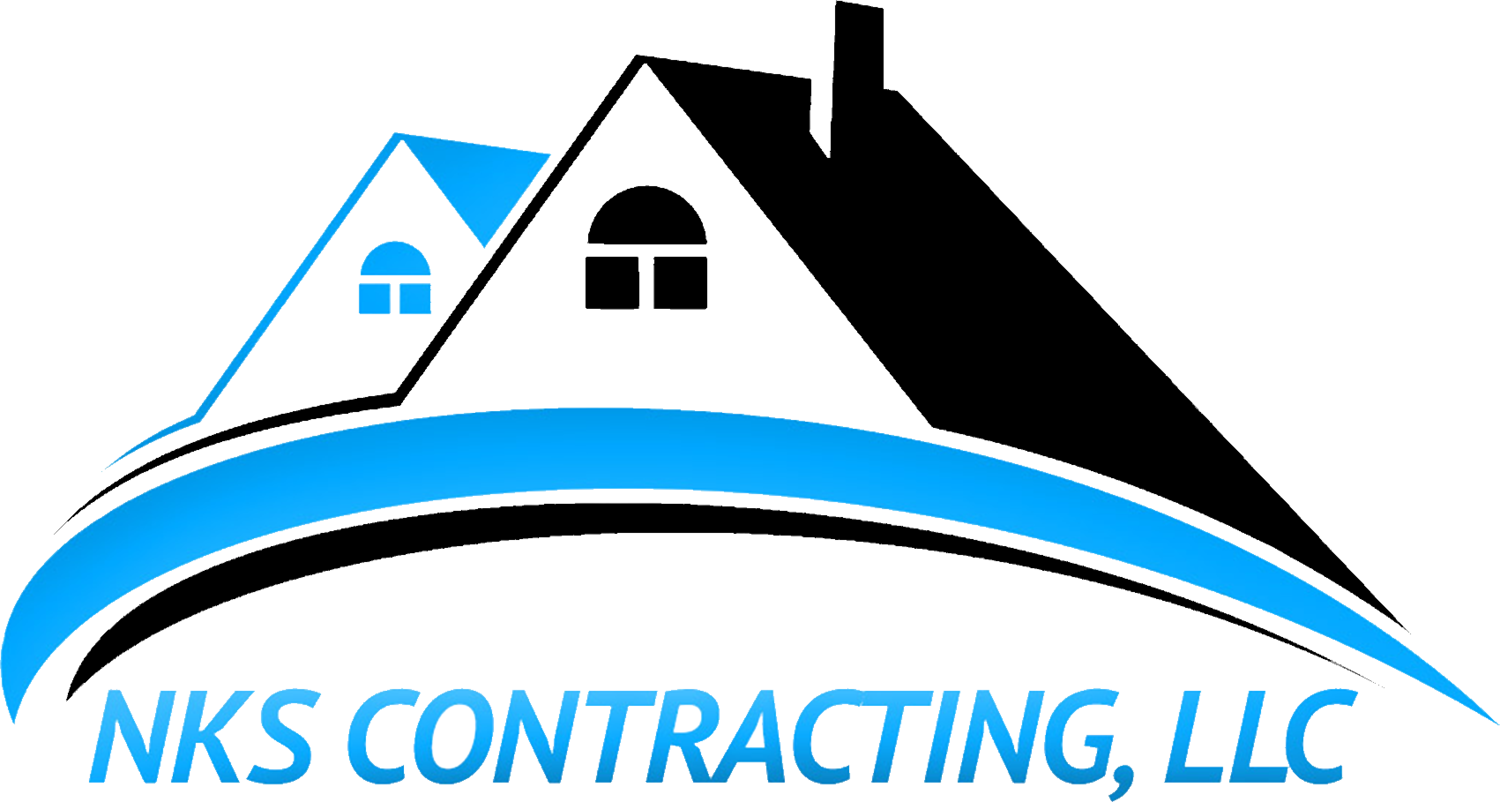5 Ways April Rain Can Damage Your Home’s Exterior
April showers may bring May flowers, but they can also bring costly damage to your home’s exterior. While rain is essential for replenishing the environment, excessive rainfall and storms can take a serious toll on your home. Heavy downpours, high winds, and lingering moisture can weaken structures, erode protective materials, and create the perfect conditions for mold and decay. Without proper maintenance and preventative measures, these issues can lead to expensive repairs that compromise your home's safety and value.
From your roof to your foundation, every part of your home's exterior is vulnerable to water damage if not properly cared for. Understanding the risks and taking action before problems arise can save you time, money, and stress in the long run. Below, we at NKS Contracting will explore the top five ways April rain can impact your home—and what you can do to prevent it.
1. Roof Damage
Your roof is your home’s first line of defense against the elements, but it takes a beating during heavy rains. Over time, constant exposure to moisture can wear down roofing materials, leading to weakened shingles, deteriorated flashing, and potential water infiltration. If left unaddressed, even a small leak can lead to serious interior damage, including mold growth and structural decay.
Prevention Tips:
Inspect your roof for missing, curled, or cracked shingles.
Ensure flashing around chimneys and vents is secure.
Look for signs of water stains or leaks in your attic.
Schedule a professional inspection to assess potential vulnerabilities.
2. Clogged and Overflowing Gutters
Gutters play a crucial role in directing rainwater away from your home, but when they become clogged with leaves, twigs, and debris, they can’t do their job properly. Instead of channeling water away, blocked gutters cause rain to overflow and cascade down your home’s exterior, leading to water damage on your siding, foundation, and landscaping. Over time, prolonged exposure to excess moisture can cause rot, erosion, and even structural damage.
Prevention Tips:
Clean gutters and downspouts regularly to remove debris.
Install gutter guards to minimize clogging.
Ensure downspouts extend at least 3 feet from your home’s foundation.
If you notice sagging or overflowing gutters, consider repairs or replacements.
3. Siding Deterioration
Siding is designed to protect your home from the elements, but excessive rain can take a toll on its durability. Prolonged exposure to moisture can cause siding materials to warp, crack, or develop mold and mildew. Wood siding is particularly susceptible to rot, while vinyl siding can trap moisture behind it, leading to hidden water damage within your walls. Left unchecked, damaged siding can compromise your home’s insulation and curb appeal.
Prevention Tips:
Check for cracks, warping, or discoloration in your siding.
Apply a fresh coat of waterproof sealant if necessary.
Ensure proper drainage around your home to prevent standing water.
If you spot signs of water damage, schedule a siding inspection.
4. Leaky Windows
Windows should keep the elements out, but improperly sealed or aging windows can let rainwater seep in. Once inside, water can damage window frames, drywall, and insulation, creating the perfect environment for mold and mildew growth. Additionally, water leaks can cause wood window frames to rot and weaken over time, leading to costly replacements if not addressed promptly.
Prevention Tips:
Inspect window seals and caulking for cracks or gaps.
Make sure window frames are properly aligned and not warped.
Consider upgrading to energy-efficient, water-resistant windows.
If you notice condensation or leaks, get a professional assessment.
5. Foundation Problems
When water isn’t properly directed away from your home, it can pool around the foundation, leading to significant problems. Excess moisture can cause soil erosion, which weakens the foundation’s support. In extreme cases, water can seep into foundation cracks, leading to basement flooding, mold growth, and even structural shifting. If foundation issues go unaddressed, they can compromise the integrity of your entire home.
Prevention Tips:
Ensure gutters and downspouts direct water away from the foundation.
Check for cracks or gaps in your foundation and seal them as needed.
Grade the soil around your home to prevent water from pooling.
If you notice signs of foundation damage, consult a professional for solutions.
Protect Your Home with NKS Contracting
April rain doesn’t have to mean damage to your home. By staying proactive and addressing small issues before they become major problems, you can protect your home’s exterior and avoid costly repairs. If you notice any of these warning signs, contact NKS Contracting for a professional inspection and expert solutions to keep your home safe and secure all season long.
